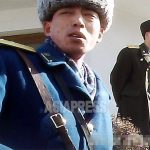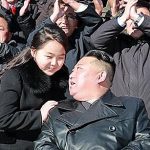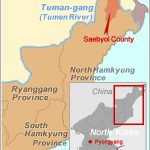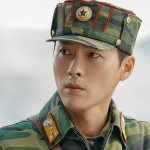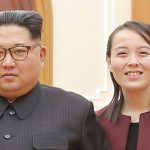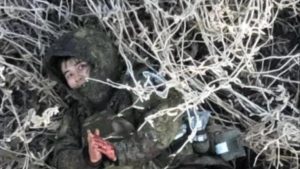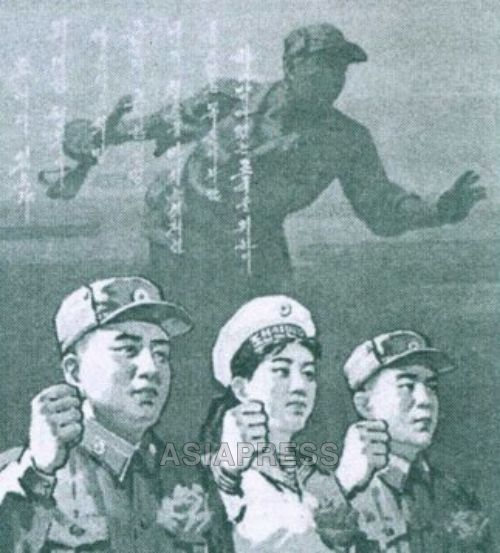
Kim Jong-un's regime's ongoing creation of "new heroes" is closely linked to North Korea's education system. This article examines the massive propaganda apparatus in schools—based on the experiences of a journalist educated in North Korea and analysis of North Korean textbooks obtained by ASIAPRESS—and explores how extensively schools indoctrinate youth with heroism, creating a desire for everyone to become heroes. (JEON Song-jun / KANG Ji-won)
◆Distorted Heroes Carved into Young Hearts
Regardless of culture, heroes are captivating figures that capture children's hearts. Children who need role models while forming their identity learn moral ideals and courage from heroic figures, gaining motivation to apply these lessons to their daily lives.
What makes the North Korean regime so vicious is that it exploits children's pure admiration for heroes as fodder for brainwashing to maintain the state system. The heroes the state presents as models are "suicide warriors" who unhesitatingly sacrifice their lives for the leader.
Children sing nursery rhymes like "I want to be a hero child, I want to be a hero soldier" while forming their identity based on distorted heroic images of those who died burning in fires, exploding themselves, and jumping into water for their leader.
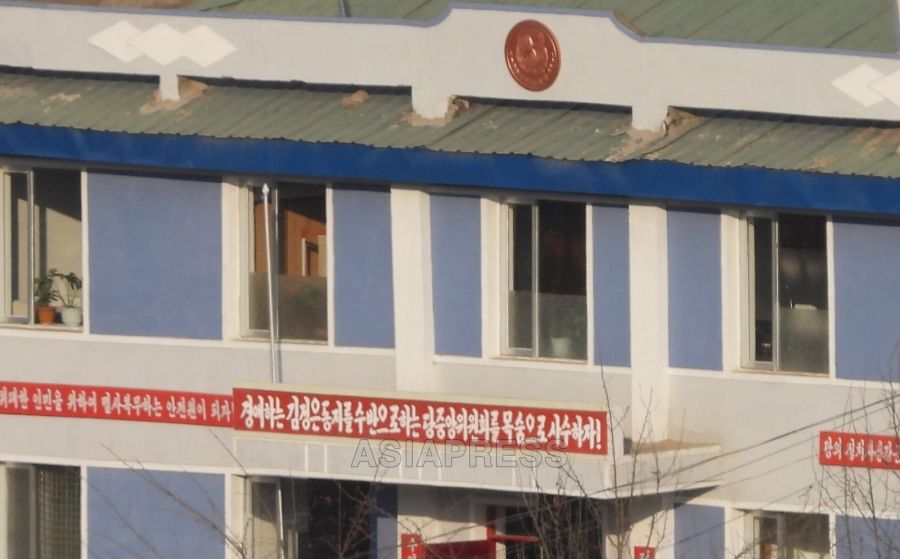
◆Death-Praising Poems Memorized by the Entire Population
North Korean classrooms are key venues for systematically instilling heroism in children. The journalist writing this article, having gone through that system, is also a victim of it.
There's a poem supposedly left in the notebook of 18-year-old Lee Su-bok, who allegedly died blocking an enemy gun position with his chest during the Korean War. Known as "Hero Lee Su-bok's Memoir," the poem goes:
"I am a youth of liberated Korea. Life is precious too. The brilliant hope of tomorrow is precious too. But my life, my hope, my happiness— These are not more precious than the fate of my homeland. For my one and only homeland, Though I have but one irreplaceable life, Just as I dedicate my youth, Where else could there be such noble life, beautiful hope, great happiness!"
This poem, so famous in North Korea that not knowing it would make you a spy, had to be memorized repeatedly from school entrance to graduation. The brainwashing effect was considerable—even the journalist himself recalls times during his school years when he and his classmates recited this poem together with swelling hearts.

